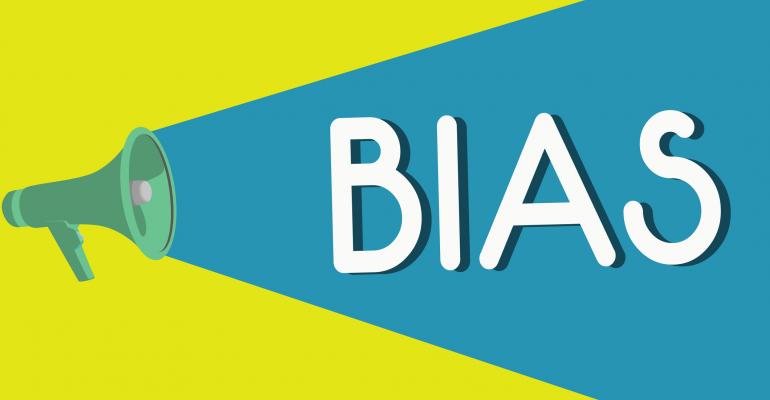At last month’s Davos, one of the most eye-opening events for participants was an activity that literally kept them in the dark. The Sensory Dinner in the Dark experience took place in an unlit restaurant where participants were lead to their seats and served a meal they could not see. The diners were dependent on the wait staff to reach their tables and find silverware and food, and the waiters were remarkably adept at navigating the environment and serving in the dark. At the end of the meal, the lights were turned on and diners discovered that the wait staff that they had depended on so completely were people with visual impairments, showing that competency is not limited to the non-disabled. The experience is the brainchild of Gina Badenoch, the founder and CEO of Capaxia and Ojos que Sienten (Eyes that Feel), organizations that aim to increase inclusiveness and diversity. Badenoch has been running events such as this for 12 years, and has found that participants not only come to see people with visual impairments in a different light but are able to enjoy the event in a more relaxed way, without making judgments on how fellow diners looked or worrying about how they themselves appeared to others. Badenoch says, “During these experiences, people connect on a deeper level; they tend to be more present and really listen. We have heard that for some introverts this environment helps them express themselves better, as well.”
Badenoch says the experiences can be scaled for each event. “We can adapt to different needs and budgets. We have done tailor-made experiences according to the objectives the clients want to achieve, making sure we offer an experiential and sensory experience where people move from head to heart.”
The Sensory Dinner in the Dark activity tends to work better for groups of 200 or fewer. “For bigger groups, we do workshops in the dark using dominoes, making art, dancing, photography, and storytelling. We also offer blindfold wine tasting led by blind sommeliers or Concerts in the Dark,” she says.
Badenoch’s goal is to, “outsmart unconscious bias by enabling a space where people get to connect as people, seeing past labels. Through this experience, we also give employment to people with different abilities as they are the experts and leaders in this environment. With our experiences, the leaders become the followers and the followers the leaders.”
Badenoch is working with a new initiative that launched at Davos, the Valuable 500, which seeks to put disability on the business leadership agenda.





